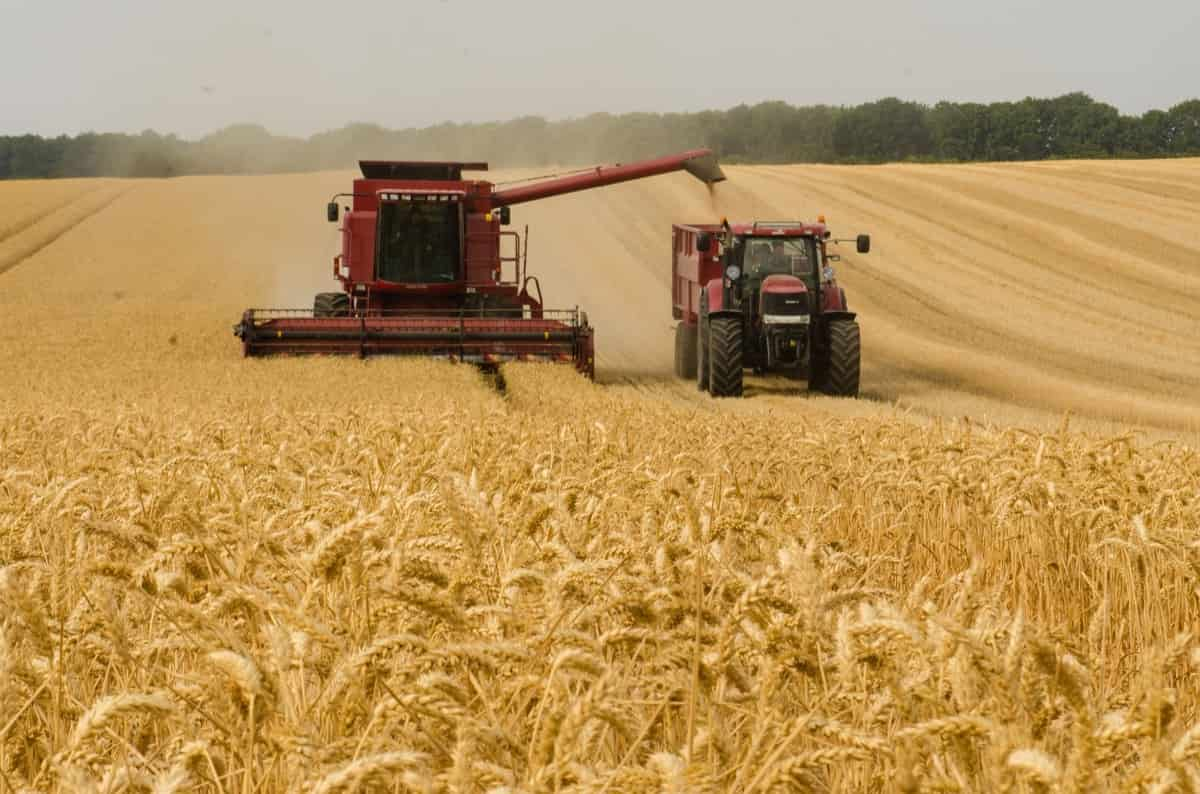Farmer organisations, the Zimbabwe Agribusiness Forum and the Zimbabwe Farmers Union, have backed the Government’s tighter import controls on grains, oilseeds and related products, describing the move as a viable promotion of local agricultural production.
In September, the Government gazetted Statutory Instrument (SI) 87 of 2025, issued under the Agricultural Marketing Authority (Grains, Oilseeds and Products), which, while falling short of a full import ban, introduces significant restrictions on the importation of grain, oilseeds and related products.
According to the regulations, imports will now only be permitted for contractors where a genuine need is established.
The regulations also mandate local agro-processors to source at least 40 percent of their raw materials locally, with effect from April 1, 2026. This requirement will increase to 100 percent by April 1, 2028.
Furthermore, where the importation of these commodities is necessary, and the landed import parity price is lower than the local producer price as determined by the Government, the importer must remit the price difference to the Agricultural Revolving Fund.
The mechanism is specifically designed to prevent imported commodities from undercutting local producers.
In a statement, the Zimbabwe Farmers Union (ZFU) described the new policy requirement as “a decisive step by the Government of Zimbabwe to strengthen local agricultural value chains, enhance food security and support domestic producers”.
“We applaud key provisions of the instrument which require processors to source at least 40 percent of their grain, oilseed and product requirements from local producers by April 1, 2026, and move to 100 percent local sourcing by April 1, 2028,” the ZFU statement reads in part.
Further, the ZFU said SI 87 of 2025 “represents a welcome policy signal that Zimbabwe is serious about elevating its agricultural sector, protecting farmer interests and building food sovereignty”.
“The Zimbabwe Farmers Union encourages all stakeholders to work in unity to translate this regulation into a thriving future for our farming communities,” the ZFU said.
Zimbabwe Agribusiness Forum vice president Mr Felix Vengesai shared similar sentiments, saying the policy directly addresses the long-standing challenges of inconsistent financing, market instability and the displacement of local value chains by imports.
By ring-fencing resources through the import levy, administered by the Agricultural Marketing Authority, the Government is creating a sustainable funding mechanism to support value chain development, market regulation, and farmer empowerment.
“To fully realise the benefits of SI 87, it is essential to invest in the capacitation of our local farmers, manufacturers, value addition and distribution networks,” said Mr Vengesai in a statement.
He said by channelling levy resources into local production and value addition, Zimbabwe would be able to build and maintain adequate buffer stocks, stabilise prices, and enhance national food security.
Zimbabwe currently spends millions of dollars on importing raw materials for the agro-processing industry.
Significant progress, however, is being made in the import substitution of agricultural commodities due to collaborative interventions by the Government and the private sector.
This has resulted in the country achieving self-sufficiency in key selected agricultural commodities, with wheat being the latest success following a record-breaking production season.
Oilseeds, predominantly used in cooking oil production, have traditionally been one of the biggest imports.
The Government has been promoting the expansion of oilseed production to include sunflower and groundnuts, broadening the base beyond the traditionally dominant oilseeds, cotton and soya beans.
Given that about 60 per cent of the manufacturing sector’s raw materials are derived from agriculture, analysts have consistently voiced concerns regarding the heavy reliance on agricultural inputs.
They have noted the urgent need to boost agricultural production, a move that would simultaneously boost the manufacturing sector and enhance the competitiveness of local products in export markets.
Mr Vengesai noted that the strategic reserve’s strengthened role would ensure that the policy intent is translated into tangible outcomes for value creation, storage, and the timely release of grain to the market.
“The Zimbabwe Agribusiness Forum stands ready to collaborate with the Government, through the Strategic Grain Reserve cluster, and all value chain actors to ensure that this policy delivers on its promise.
“Together, we can transform Zimbabwe’s maize sector into a model of resilience, innovation, and inclusive growth, with the Strategic Grain Reserve at the heart of this transformation,” said Mr Vengesai.
The Zimbabwe Agribusiness Forum was created by the Federation of Young Farmers Club Zimbabwe Trust as a platform where farmers who are over the age of 40 can contribute towards the economic development of the country. – Herald
